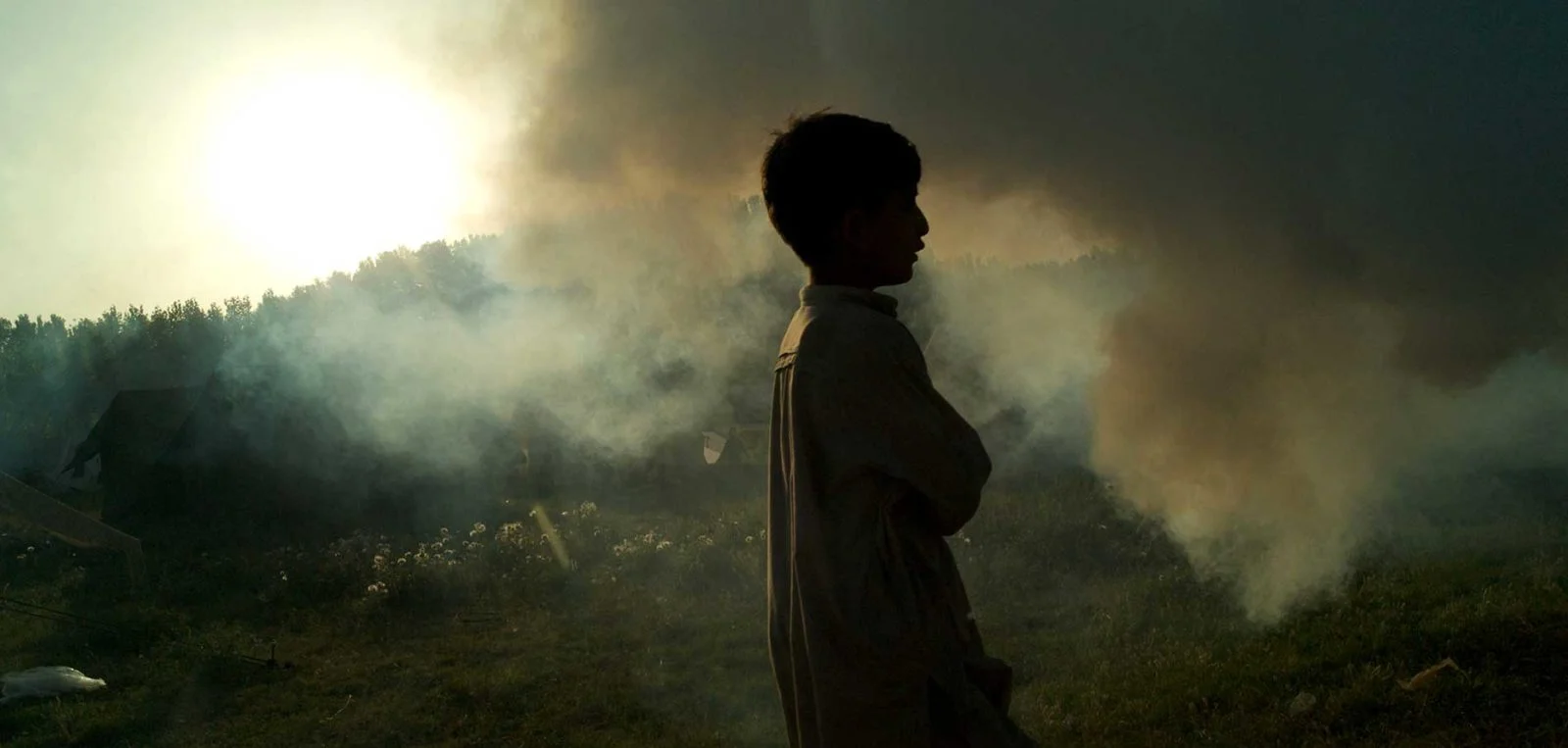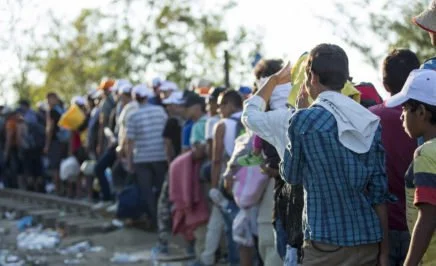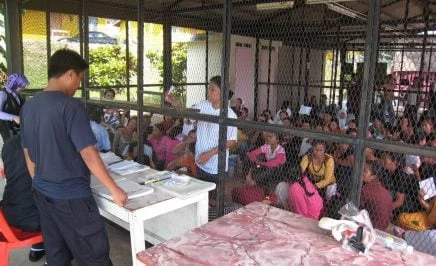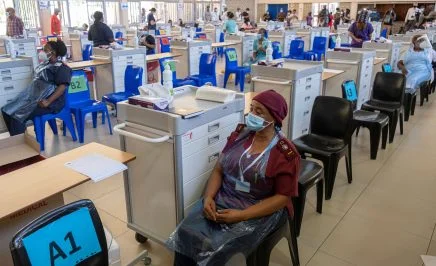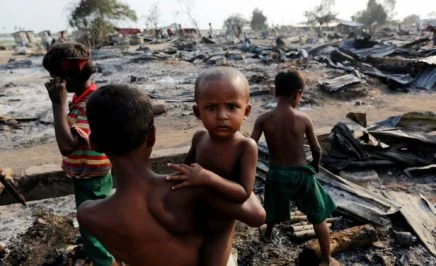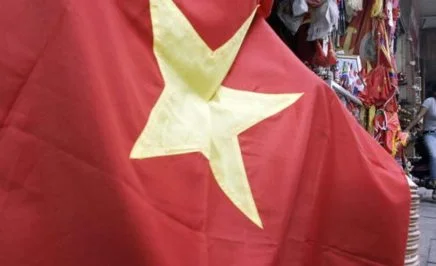Every day, people around the world arrive in another country hoping to rebuild their lives. There are many reasons they may do this. Some make the decision to leave their home and move abroad to pursue a job or education, or to join friends and family.
Others are forced to flee their homes and find safety due to dangerous circumstances like war, hunger or poverty. Millions flee from armed conflicts or other crises. Some do not feel safe and fear they will be targeted and persecuted just because of who they are or what they do or believe – for example, for their ethnicity, religion, sexuality or political opinions.
It is important to note that there are many reasons people end up building a life in a new country.
At Amnesty, we campaign for a world where human rights can be enjoyed by everyone, and have championed the human rights of refugees, people seeking asylum and migrants for decades.
Refugees, people seeking asylum and migrants
The terms “refugee”, “person seeking asylum” and “migrant” are used to describe people who are on the move, who have left their countries and have crossed borders.
The terms “migrant” and “refugee” are often used interchangeably but it is important to distinguish between them as there is a legal difference.
Who is a refugee?
A refugee is a person who has fled their own country and is unable or unwilling to return because they have a well-founded fear of persecution based on one of five reasons: their race; religion; nationality; membership of a particular social group; or political opinion. Persecution means a threat to life, freedom and other serious violations of human rights.
Refugees have a right to international protection by states that are parties to the 1951 Refugee Convention.
Who is a person seeking asylum?
The term “person seeking asylum” refers to someone who has fled their country and applied for protection as a refugee, but hasn’t yet been legally recognised as a refugee and is waiting to receive a decision on their asylum claim.
Seeking asylum is a human right. This means everyone should be allowed to enter another country to seek asylum.
Who is a migrant?
There is no internationally accepted legal definition of a migrant. Like most agencies and organisations, we understand migrants to be people staying outside their country of origin, who are not people seeking asylum or refugees.
Some migrants leave their country because they want to work, study or join family, for example. Others feel they must leave because of poverty, political unrest, gang violence, natural disasters or other serious circumstances that exist there.
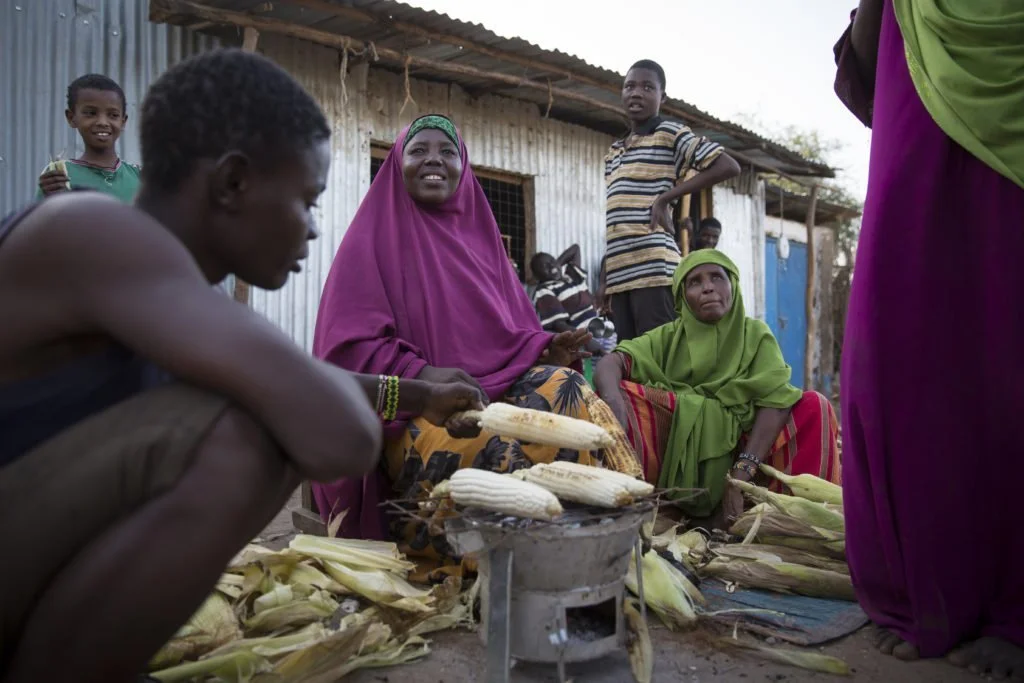
Lots of people don’t fit the legal definition of a refugee but could nevertheless be in danger if they went home.
It is important to understand that, just because migrants do not flee persecution, they are still entitled to have all their human rights protected and respected, regardless of the status they have in the country they moved to. Governments must protect all migrants from racist and xenophobic violence, exploitation and forced labour. Migrants should never be detained or forced to return to their countries without a legitimate reason.
Everyone has more than one identity. “Refugee”, “migrant” and “person seeking asylum” are only temporary terms; they do not reflect the whole identity of those who have left their homes behind to start a new life in a new country.
When we use these labels, we need to remember that out of the many ways in which people describe themselves, these terms only refer to one experience: that of leaving their countries. But the identities of these people are made up of so many more things.
Other terms
Resettlement
Resettlement is the transfer of refugees from the country in which they have sought refuge to another State that has agreed to admit them. The refugees will usually be granted asylum or some other form of long-term resident rights and, in many cases, will have the opportunity to become citizens.
However, the number of resettlement places has decreased over the last couple of years, with a significant gap now existing between those identified by UNHCR in need of resettlement and the number of places being made available by states.
Stateless person
A stateless person is a person who, under national laws, does not have the legal bond of nationality with any State. Article 1 of the 1954 Convention relating to the Status of Stateless Persons indicates that a person not considered a national (or citizen) automatically under the laws of any State, is stateless.
Internal displacement
Internal displacement is the involuntary movement of people inside their own country. This movement may be due to a variety of causes, including natural or human-made disasters, armed conflict, or situations of generalised violence.
Refugee camp
A refugee camp is a plot of land temporarily made available to host refugees fleeing from an armed conflict in temporary homes. UN Agencies, particularly UNHCR, and other humanitarian organisations provide essential services in refugee camps including food, sanitation, health, medicine and education. These camps are ideally located at least 50 km away from the nearest international border to deter camp raids and other attacks on its civilian occupants.
Latest in Australia
Disappointingly, the Albanese Government has recently expanded its powers to deport refugees to third countries, cut off lifelines for people in detention by seizing mobile phones, and conduct invasive, unwarranted searches in immigration detention, following the Labor Government’s passage of the Migration Amendment (Removal and Other Measures) Bill 2024, the Migration Amendment Bill 2024 and the Migration Amendment (Prohibiting Items in Immigration Detention Facilities) Bill 2024.
The new laws impose severe penalties of up to five years imprisonment on individuals who fail to assist with their own deportation, as well as empower the Government to impose country-wide travel bans on as-yet-unknown countries. These measures highlight cruelty and deepen Australia’s dependence on harmful policies.
We demand that the Government fulfil its legal and moral obligations by prioritising safety, dignity, and justice for all refugees and people seeking asylum.
With the support of activists and supporters, we will continue to campaign for a world where human rights can be enjoyed by everyone, championing the human rights of refugees, people seeking asylum and migrants. Act now or learn more about our Refugee Rights work.
